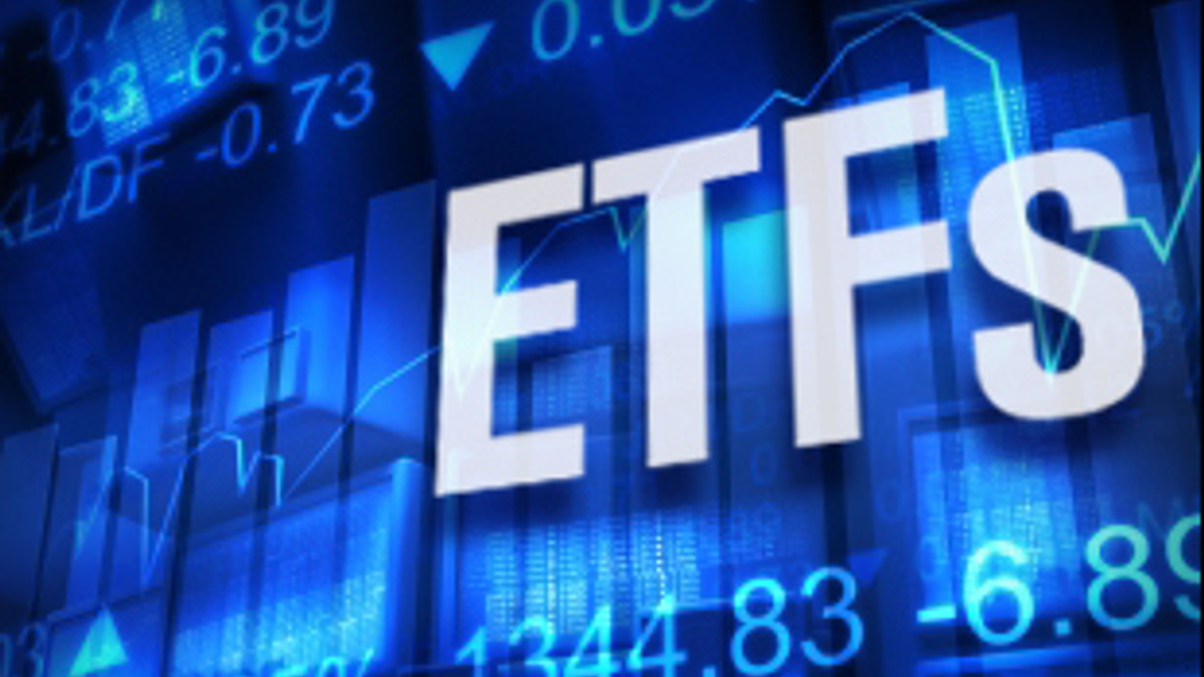Will there be any major blowups in the ETF industry?
The exchange-traded fund industry has doubled in size to exceed $3.5 trillion in the past four years, raising fears about potential problems. Are they justified?

The exchange-traded fund market continues to swell as increasing numbers of investors pour in, but the bigger it gets, the more likely it is that it will suffer problems, or cause problems for the wider industry—so runs one side of the argument.
Sign in to read on!
Registered users get 2 free articles in 30 days.
Subscribers have full unlimited access to AsianInvestor
Not signed up? New users get 2 free articles per month, plus a 7-day unlimited free trial.
¬ Haymarket Media Limited. All rights reserved.


